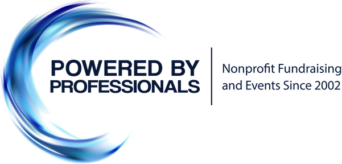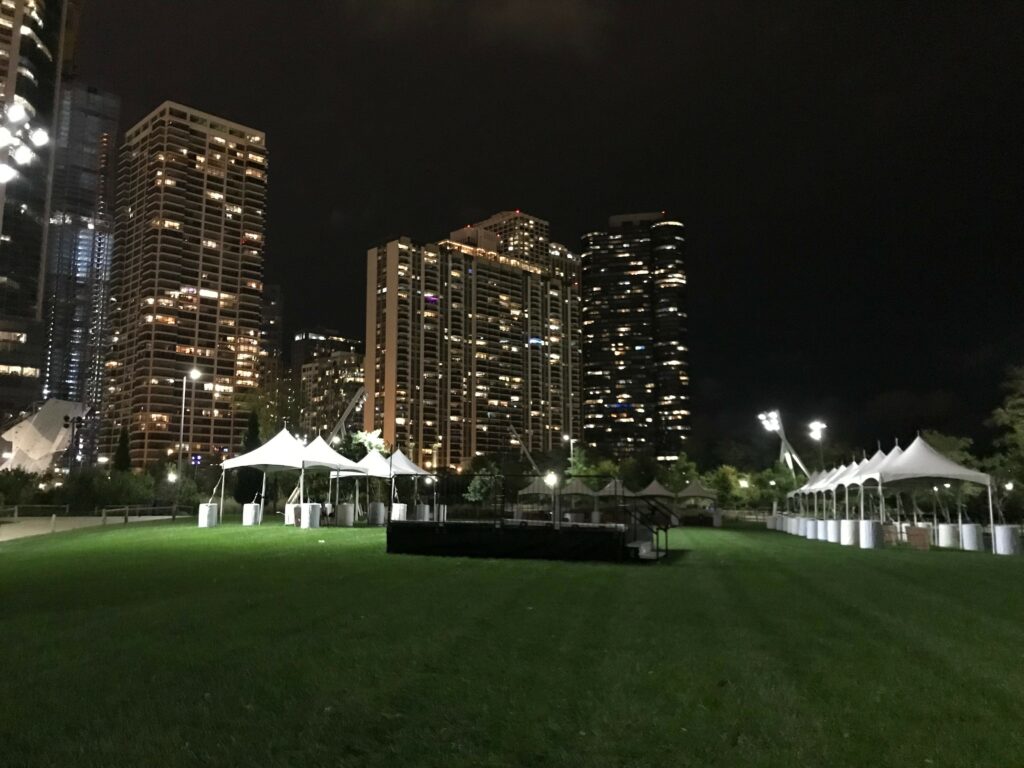Top 5 Takeaways from an Event Planning Internship
No matter your level of experience or your choice of careers, you should be learning from your work and co-workers every day. As an intern, your entire goal is to learn and experience firsthand the desired industry you want to enter, gaining understanding of the industry and work that goes into accomplishing tasks. While interning for Powered by Professionals, I assisted all team members with assigned tasks, with a focus on event data tracking and mailings.
- Power of Networking
The power of networking is used to make meaningful connections. Organic and valuable conversations can be a vehicle towards professional development. Whether you’re a student searching for work advice or an established professional in search of a service, networking paves the way towards previously unknown opportunities. Networking with professionals within the event planning industry can give you access to many opportunities in your area, such as upcoming events, available venues/locations, caterers, and contact information for various services.
- Behind the Scenes Work
When attending an event, most don’t realize the time and effort that goes into the planning by the production team – nor should they! Behind the scenes, there are numerous logistical tasks and event marketing strategies – such as the event website, email updates, social media promotions, printed mailings, data tracking and more – that seamlessly build to one cohesive, memorable experience. As an intern, there are certain responsibilities which won’t be tasked for you – they may simply be “above your pay grade”. Just listening to the conversations going on around you, and reviewal of event documents can teach you plenty as well.
- Jargon
Understanding the industry language and jargon is important in any field of work. Having some prior experience in event planning, I came into the position with basic knowledge of event planning lingo. However, having never worked with non-profit organizations, I had to research the organizations and foundations which I worked with in order to efficiently communicate with my coworkers. For example, event work for non-profit organizations includes an enormous amount of various donations, in the form of sponsorships, in-kind donations, monetary donations, ticket purchases, pledges, etc. Knowing the difference between the various money streams is crucial when working on post-event tax-deductible letters.
- Team Communication
Communication is key for any relationship. This holds true when communicating with both your professional colleagues and your clients. Focusing on clear and concise communication is key, but also helps facilitate an environment that encourages peer questions. Asking questions also ensures efficient work when you don’t understand something.
- You’re more important than you think.
Even though you are at the bottom of the career ladder, you are needed and even your minor work is highly appreciated. Intern life can be tough, especially when juggling classes and other commitments. However, it is a great opportunity to gain experience, make acquaintances and learn.
The most rewarding part of interning for Powered by Professionals was working with the non-profit organizations. As someone who gravitates towards community outreach and service, working behind the scenes with national non-profit health organizations and foundations was gratifying. In a professional sense, the most rewarding part was learning about the internal process of organizing non-profit fundraising events. Powered by Professionals established a well-rounded foundation for my understanding of non-profit event planning and has further encouraged me to pursue a career within the non-profit field.
Aileen Tapia
Fall 2018 Intern

